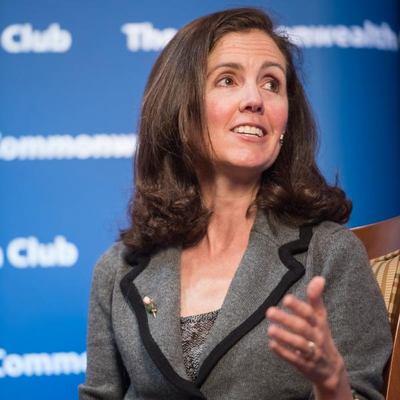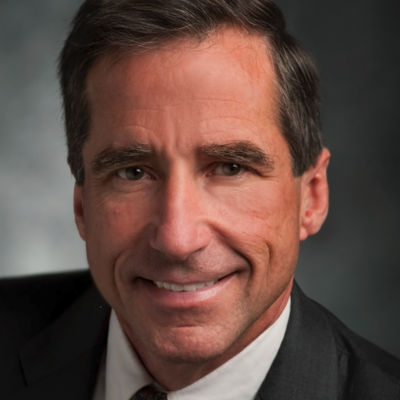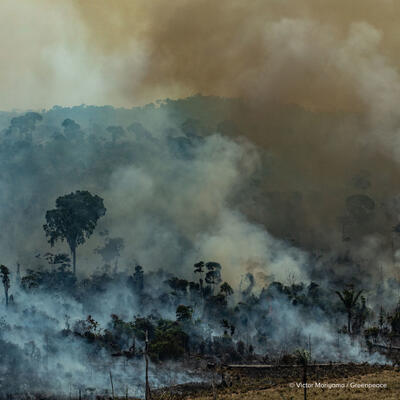Climate One TV: Going Carbon Negative and Scorched Earth: Culture and Climate Under Siege
Guests

Noah Deich

Diana Donlon

Mike Biddle

Paul Paz y Miño

Tara O’Shea

Corey Brinkema
Summary
The math is clear: lowering greenhouse gas emissions is not enough to keep the earth below 1.5 degrees Celsius of post-industrial warming. The latest science states that actively removing carbon from the atmosphere — storing it in rocks, soil, trees, and even turning it into products like concrete — is critical to restore the carbon and energy balance. To keep our planet from dangerous levels of warming, we’ll need to go carbon negative. Is carbon removal a cost-effective solution to addressing climate change? Which natural and technological approaches are the most promising? We sit down with with Diana Donlon, Director of Soil Centric, Mike Biddle, Managing Director at Evok Innovations, and Noah Deich, Executive Director at Carbon180 to discuss the necessary negatives for a stable climate. And in the second half of our show: Wildfires are breaking records as they spread through acres of Amazonian rain-forest, northern California countryside, and even the Arctic tundra. This loss carries major implications for the global climate: the Amazon alone is responsible for removing 5% of the world’s 40 billion tons of CO2 emissions from the air each year. When forests burn, carbon storage is lost, along with biodiversity, indigenous culture, and more. As climate change, and resource consumption drive higher rates of wildfires and deforestation each year, why should people care about the loss of trees they might never see? A conversation with Corey Brinkema, president of the Forest Stewardship Council U.S., Tara O'Shea, director of forest programs at Planet, and Paul Paz y Miño, associate director at Amazon Watch, for a conversation on the importance of faraway forests. #letstalkclimate https://www.climateone.org Carbon should be regulated 1:20 Is anyone making money with carbon removal? 7:06 Do you have your smoke mask? 9:12 Scorched Earth 14:52 The wildfires of 2019 17:33 Capitalism at fault? 20:31 Bright spots in forest management 24:29

